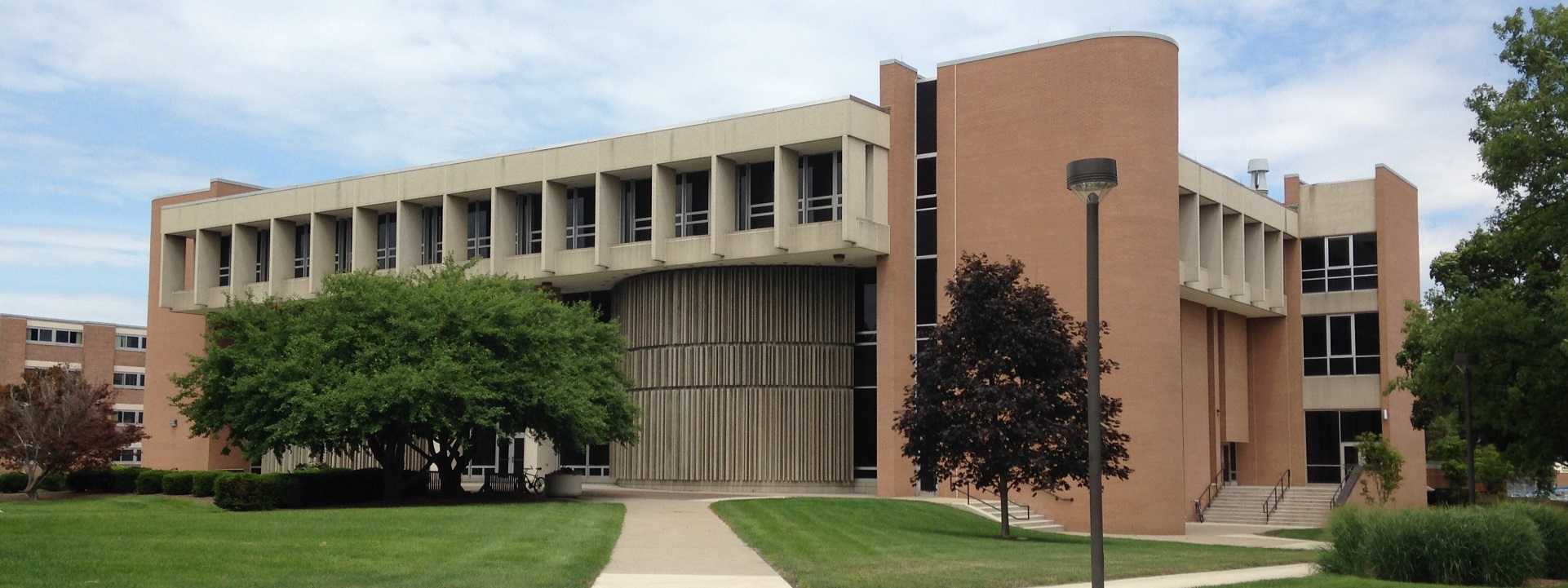“The family is nature’s masterpiece”
— George Santayana
16yrs married to this RockStar today! Something like 25+ years together… 3 awesome wild kids and whole whack of crazy experiences together! I’ve Bullshitted my way to a lot of successes but Sarah’s been the best yet!… pic.twitter.com/BLBHTtwjSC
— Mark McLean (@MdMcLean1) August 30, 2024
Educated at Yale College, Somerville College, the University of Pennsylvania, Harvard Medical School and Columbia Law School, Amy Wax speaks to the Buckley Institute, founded by William F. Buckley (Yale 1950). Links to National Centers at Bowling Green State University, the University of Virginia and the University of Nebraska.
Inside Higher Ed (September 24, 2024): Amy Wax Update
![]()
You Might Start by Reducing the Size of Government
Having six kids https://t.co/NcU7FbCt9B pic.twitter.com/9TAPA5Ixz1
— Jeremy Wayne Tate (@JeremyTate41) December 31, 2023
Highlight of my day: a student brought his entire family to my office. Such a heartwarming surprise! pic.twitter.com/0mg3Wl5uCe
— Zhongbo Kang (@ZhongboK) June 10, 2024
In popular culture:
If you’re a parent, watch this.
It will stick with you forever. pic.twitter.com/FpdGdsnd7K
— Benny Johnson (@bennyjohnson) January 10, 2026
Reject hook up culture.
Get married.
Stay married.
Have kids.
Love your family.
Be loyal.
Give back.
Go to Church.
Find God.
Care about the things that matter. pic.twitter.com/z4UEUna3ws
— Anna Lulis (@annamlulis) August 2, 2024
People grow up in a web of relationships that is already in place, supporting them as they grow. From the inside out, it includes parents, extended family and clan, neighborhood groups and civic associations, church, local and provincial governments and finally national government.
The most important decision and life’s biggest hack is picking the right partner. pic.twitter.com/MeLu5it3rn
— The Figen (@TheFigen_) March 31, 2025






























